
Source: AICR
In my books, lean, clean and green stands for finding SIMPLE, FRESH and SUSTAINABLY sourced foods wherever possible.

Source: Tourism Montreal
The trend for 2016 will certainly be an extension from what we’ve seen in 2015. Here’s what to look for:
Sustainable foods that are locally sourced are important to many consumers. Reducing food waste, vegetarianism and organic options remain popular. Reduce your carbon footprint through environmentally sound choices.
Did you know that Canada is the world’s largest producer and exporter of lentils??!! Saskatchewan alone produces 95% of Canada’s lentils.
The United Nations have declared 2016 the “Year of the Pulses”.
 Chosen for their versatility, health promoting properties and their role in feeding the world. Beans, dry peas, lentils and chickpeas are not only heart healthy, but provide a sustainable and economical source of protein.
Chosen for their versatility, health promoting properties and their role in feeding the world. Beans, dry peas, lentils and chickpeas are not only heart healthy, but provide a sustainable and economical source of protein.

Source: www.lentils.ca
Adding more pulses may play a role in weight loss and disease prevention due to the high fibre, low fat and overall nutrient-dense profile of these crops.
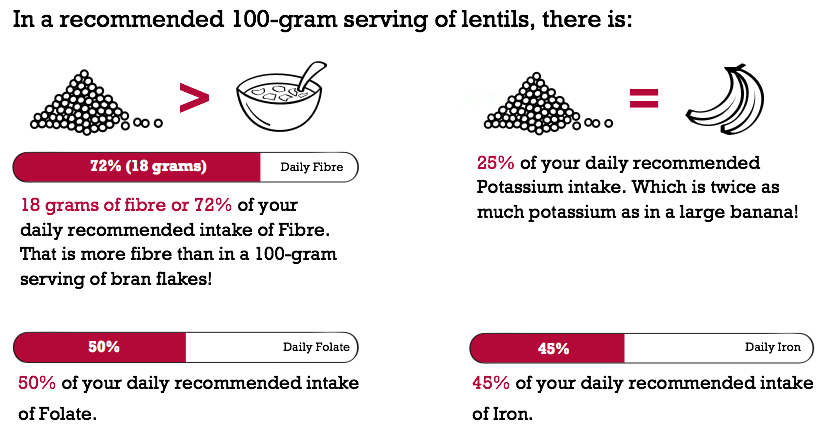
Source: www.lentils.ca
Beans don’t have to be boring or bland!
There are so many delicious and creative meals you can make…..
Goddess or power bowls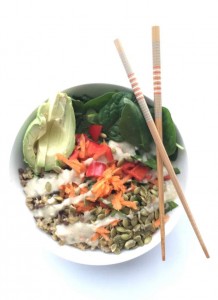 brownies
brownies

Source: Chocolate Covered Katie
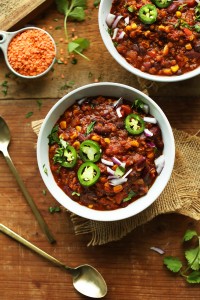
Source: Minimalist Baker
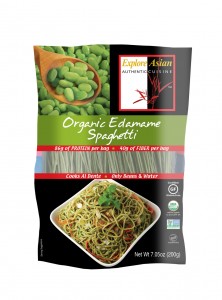
Source: Explore Asian Noodles
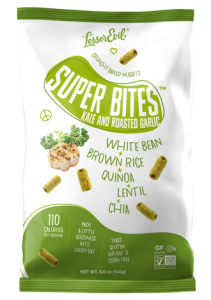
Source: Lesser Evil
Are chickpeas the new quinoa?
Are lentils the new kale?
Time will tell if this potential trend gains traction.
The popularity of ‘clean eating’ will continue in 2016. The less ingredients the better, with the overarching goal to eliminate highly processed foods and artificial ingredients as much as possible. The trend seems to be in the absence of ingredients, rather than the addition of them. 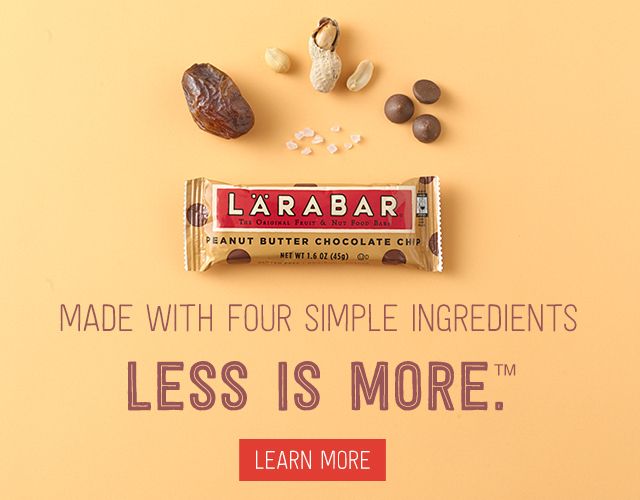
Other trends that will continue this year:
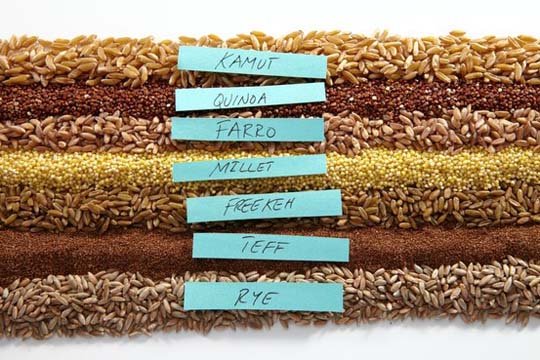
Source: Ingredients Network
Ancient grains & Whole Grains: quinoa, spelt, freekeh, farro, millet, brown rice
Solo Salads Snacking: Mindful munching throughout the day versus 3 square meals continues to be viewed as a healthier approach within the 18-44 age group. Consumers still seem to be seeking out lower: fat, sugar, sodium, carbs and calories within their snack choices.
Snacking: Mindful munching throughout the day versus 3 square meals continues to be viewed as a healthier approach within the 18-44 age group. Consumers still seem to be seeking out lower: fat, sugar, sodium, carbs and calories within their snack choices.
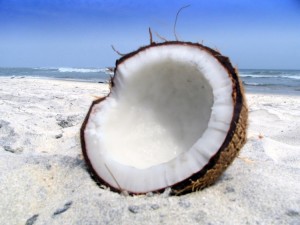 COCO for COCONUT: oil, chips, water and other products tout the health benefits of coconut. The demand for coconut water has grown immensely. It makes a great alternative to juice due to the low sugar and calorie content along with the natural electrolytes in the beverage (also good for hang-overs!). I don’t recommend adding tablespoons of coconut oil to your smoothie or coffee, thinking it will boost your metabolism or reduce your risk of Alzheimer’s disease. Use coconut oil to replace butter or your usual cooking oil.
COCO for COCONUT: oil, chips, water and other products tout the health benefits of coconut. The demand for coconut water has grown immensely. It makes a great alternative to juice due to the low sugar and calorie content along with the natural electrolytes in the beverage (also good for hang-overs!). I don’t recommend adding tablespoons of coconut oil to your smoothie or coffee, thinking it will boost your metabolism or reduce your risk of Alzheimer’s disease. Use coconut oil to replace butter or your usual cooking oil.
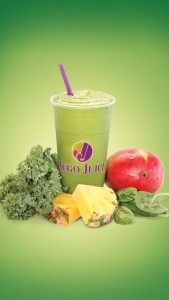 Re-think YOUR DRINK: As the demand for pop diminishes, the popularity of fresh-pressed juices is trending more than ever. Here in Vancouver, there are at least a half dozen companies that have popped up within the past year promoting green veggie drinks, juice cleanses and smoothies. Jugo Juice is all about “making healthy taste great” – just skip the juice and have your drink made with water or coconut water to avoid the sugar bomb!
Re-think YOUR DRINK: As the demand for pop diminishes, the popularity of fresh-pressed juices is trending more than ever. Here in Vancouver, there are at least a half dozen companies that have popped up within the past year promoting green veggie drinks, juice cleanses and smoothies. Jugo Juice is all about “making healthy taste great” – just skip the juice and have your drink made with water or coconut water to avoid the sugar bomb!
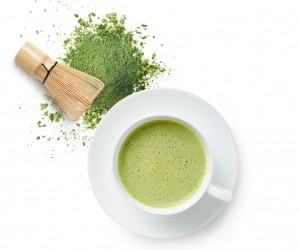 Tea is the most consumed beverage worldwide after water. We’re seeing the trends for premium loose tea, fermented kombucha tea and green matcha tea.
Tea is the most consumed beverage worldwide after water. We’re seeing the trends for premium loose tea, fermented kombucha tea and green matcha tea.
Canadians are seeking out more nutritious offerings and healthier snack options. The challenge will always be finding healthy foods that are easy, tasty and affordable.
At the end of the day people will always be focused on convenience, price and taste when it comes to diet.
